Ten Best-Ever Anxiety Treatment Techniques – Margaret Wehrenberg
Dr. Margaret Wehrenberg will assist you in shaping the 10 Best-Ever Anxiety Techniques to your needs and will discuss:
- How to apply the techniques in difficult cases
- How these techniques apply to different age groups
- How these techniques can help with clients who have co-morbid diagnoses
- How to use these techniques with groups or individuals and in different types of psychological services: private practice, hospital units, classrooms, nursing facilities, etc.
This fresh approach will give you a complete set of tools to work with anxiety symptoms. Cutting-edge research tells clinicians not only what is new, but also tells us why what we have done best over the years works to help clients achieve positive results in therapy. In this seminar, you will learn, practice and be ready to apply 10 techniques that really work to stop symptoms of panic, worry and social anxiety.
These 10 proven methods can control most symptoms of panic, generalized anxiety and social anxiety. Through in-seminar practice and discussion case vignettes to illustrate their applications – you can make them strong, effective and lasting interventions. Methods that control physiology: diaphragmatic breathing, reducing tension, mindful awareness to offset panic or acute anxiety can be easy to learn but not simple to apply. We will discuss how to make them effective with different age groups and difficult clients if you want to obtain the best results for calming panic and dread.
Likewise, controlling the cognitive problems of anxiety, such as catastrophizing or ruminatively worrying, challenge most with anxiety. Learn powerful techniques that cool off worry (“Worry well and only once!” “Knowing, Not Showing Anger”), and challenge faulty cognitions, the obstacles to improving panic and social anxiety (“Counter Cognitions”, etc.). You can help your clients identify and change the ways they avoid their social anxiety. Case examples will clarify planned re-entry to triggering situations, handling the stress of preparation and conducting in vivo exposure.
- Articulate the neurobiological causes of panic, generalized anxiety, and social anxiety and ascertain how this information impacts treatment decisions.
- Implement strategies for stress management to reduce symptoms of anxiety in clients, including lifestyle changes, cognitive interventions and time management tools.
- Model effective use of diaphragmatic breathing techniques for physiological modulation in the treatment of anxiety.
- Communicate how memory reconsolidation assists clients in identifying their anxiety triggers and interrupt the common cognitions that often lead to panic attacks.
- Integrate specific clinical techniques to address persistent worry and understand how this changes the neurobiology of ruminative thought patterns in clients.
- Utilize cognitive therapy interventions with clients to manage perfectionism, procrastination and rigid approaches to problems.
Get Ten Best-Ever Anxiety Treatment Techniques of author Margaret Wehrenberg
Assessment and Differential Diagnosis
- The causes of panic, generalized anxiety and social anxiety that help select treatment
- Differential diagnosis in children – ADD and ASD
- Treatment approaches that change brain function for long-lasting recovery
- The impact of insomnia in generalized anxiety
Techniques That Work to Modulate Physiology
- The right way to teach and use diaphragmatic breathing
- Develop the 4 competencies of stress management
- Utilize different types of relaxation and discuss their use in different types of anxiety disorders
- Four important lifestyle changes everyone can make to reduce anxiety
Techniques for Treating Cognitive Problems of Anxiety and Panic
- The best thought-replacement methods for worry and rumination
- Clear the mind of ruminative and racing thoughts
- Know when anger triggers anxiety and how to work with it in worried clients
- How to stop worry before it happens
Techniques for Managing Social Anxiety
- Apply the “Three Deep Breaths and Good Preparation” model to construct treatment goals for social anxiety
- Structure cognitive change through planned “counter-cognitions”
- Apply ‘in vivo exposure’ techniques that optimize recovery from social anxiety
Limitations of the Research and Potential Risks
- Controlled studies on the human brain structure and function are limited by challenges of studying the brain in action
- New studies continually modify our understanding of how neurotransmitters interact and affect cognition, emotion and behavior
- There are no significant risks associated with Cognitive-Behavioral Therapy
- Assessment of an individual’s capacity to understand and utilize an intervention should always precede employment of the technique
Get Ten Best-Ever Anxiety Treatment Techniques of author Margaret Wehrenberg
Tag: Ten Best-Ever Anxiety Treatment Techniques – Margaret Wehrenberg Review. Ten Best-Ever Anxiety Treatment Techniques – Margaret Wehrenberg download. Ten Best-Ever Anxiety Treatment Techniques – Margaret Wehrenberg discount.
Get Download Ten Best-Ever Anxiety Treatment Techniques – Margaret Wehrenberg at Offimc.click Now!
Sale Page: https://catalog.pesi.com/item/73367/
Archive: https://archive.fo/wip/SRM1D
Delivery Information
- Upon ordering the product, a delivery email with download instructions will be sent immediately to you so that you may download your files. If you log in (or create an account) prior to purchase you will also be able to access your downloads from your account dashboard.
- It is a digital download, so please download the order items and save them to your hard drive. In case the link is broken for any reason, please contact us and we will resend the new download link to you.
- If you don't receive the download link, please don’t worry about that. We will update and notify you as soon as possible from 8:00 AM – 8:00 PM (UTC+8).
- Please Contact Us if there are any further questions or concerns you may have. We are always happy to assist!



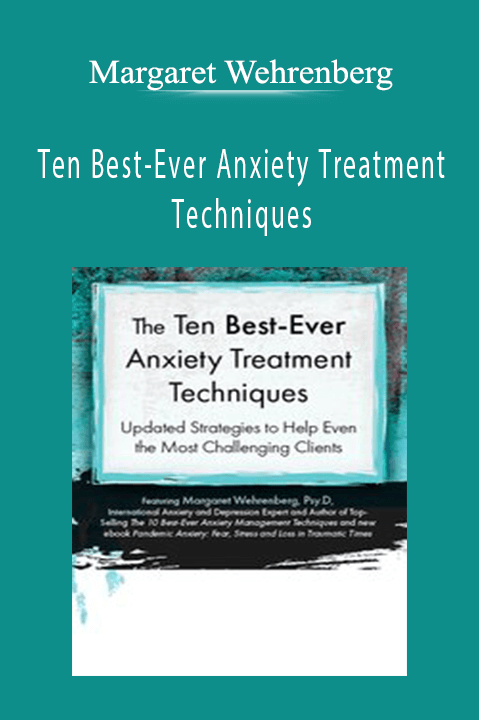
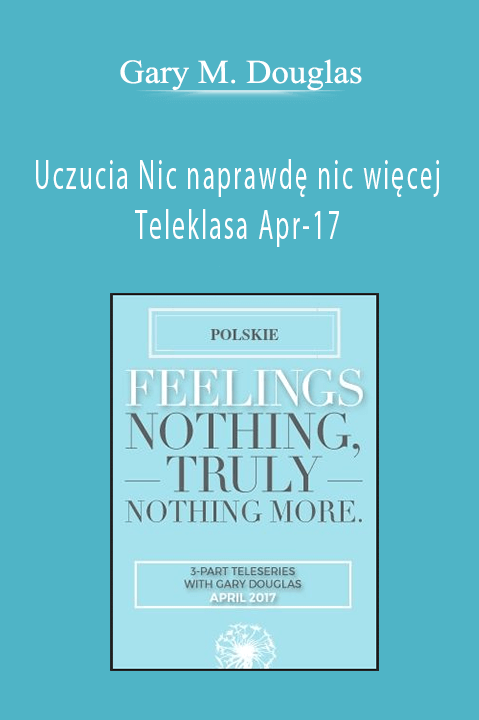


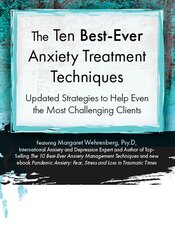
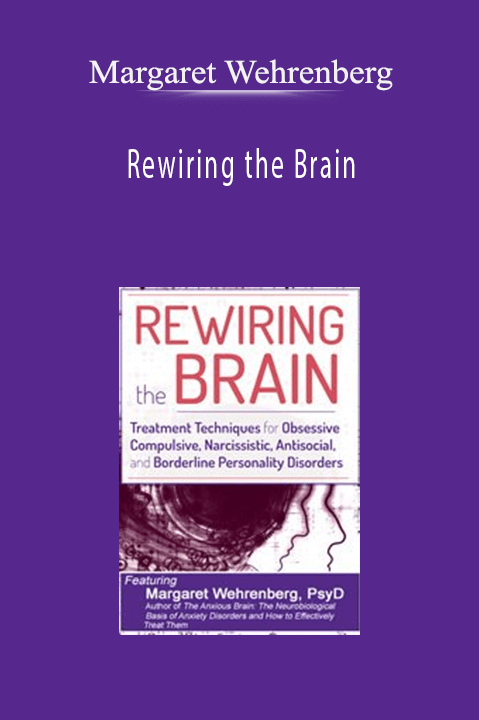
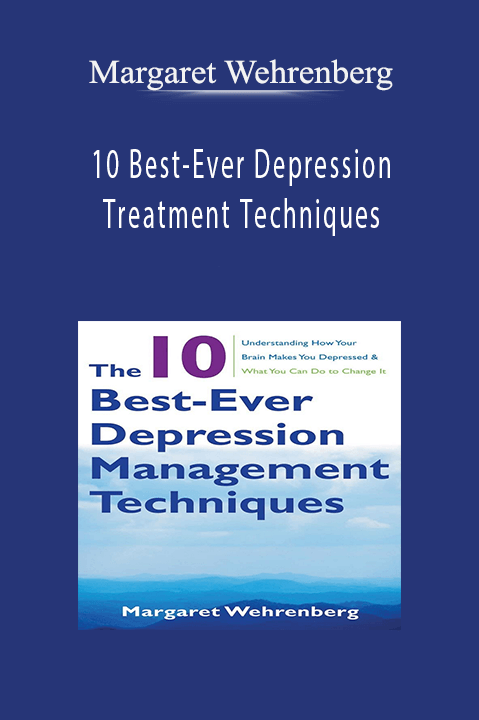
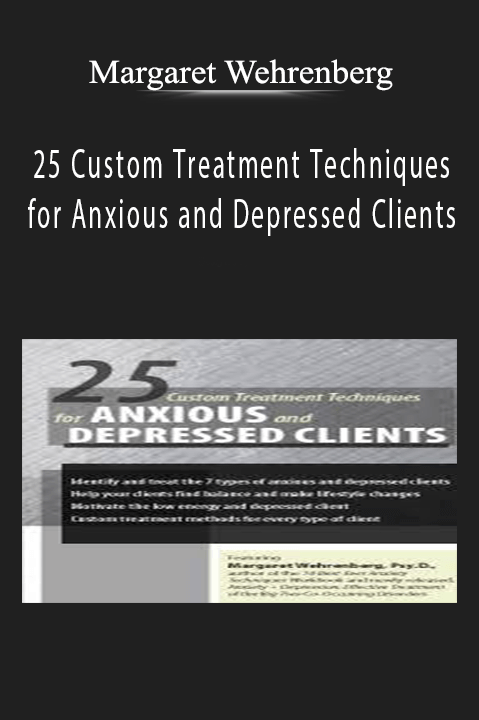
11 reviews for Margaret Wehrenberg – Ten Best–Ever Anxiety Treatment Techniques
There are no reviews yet.